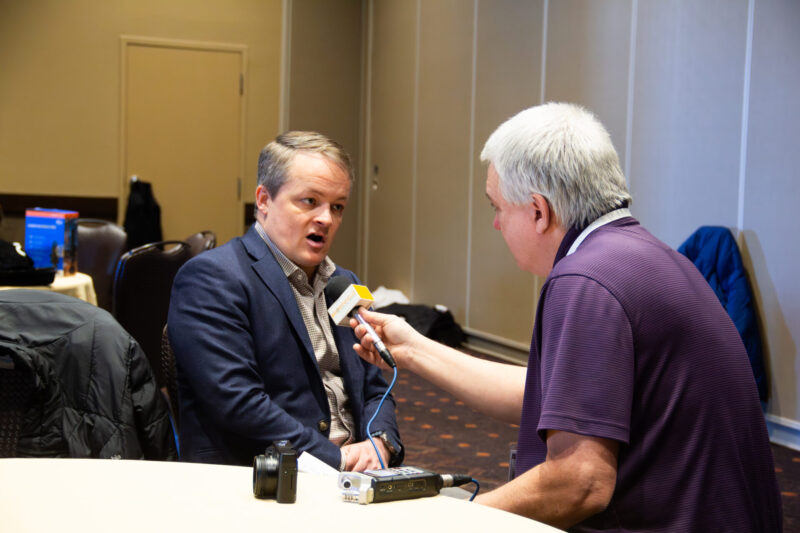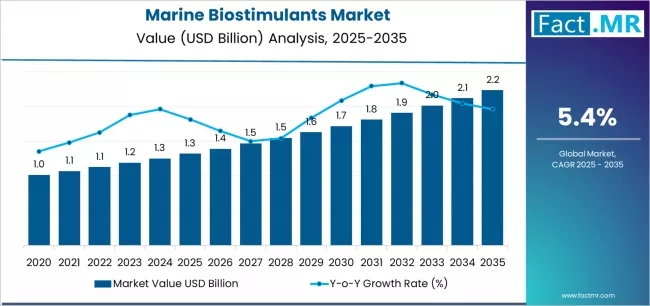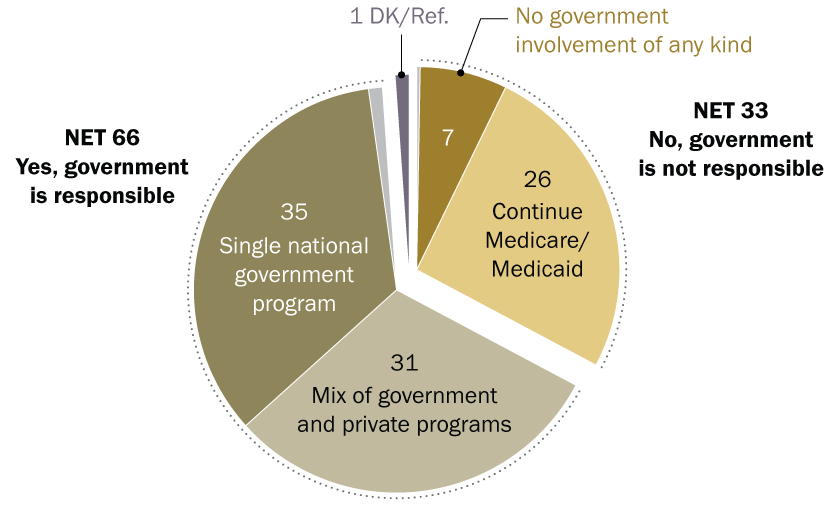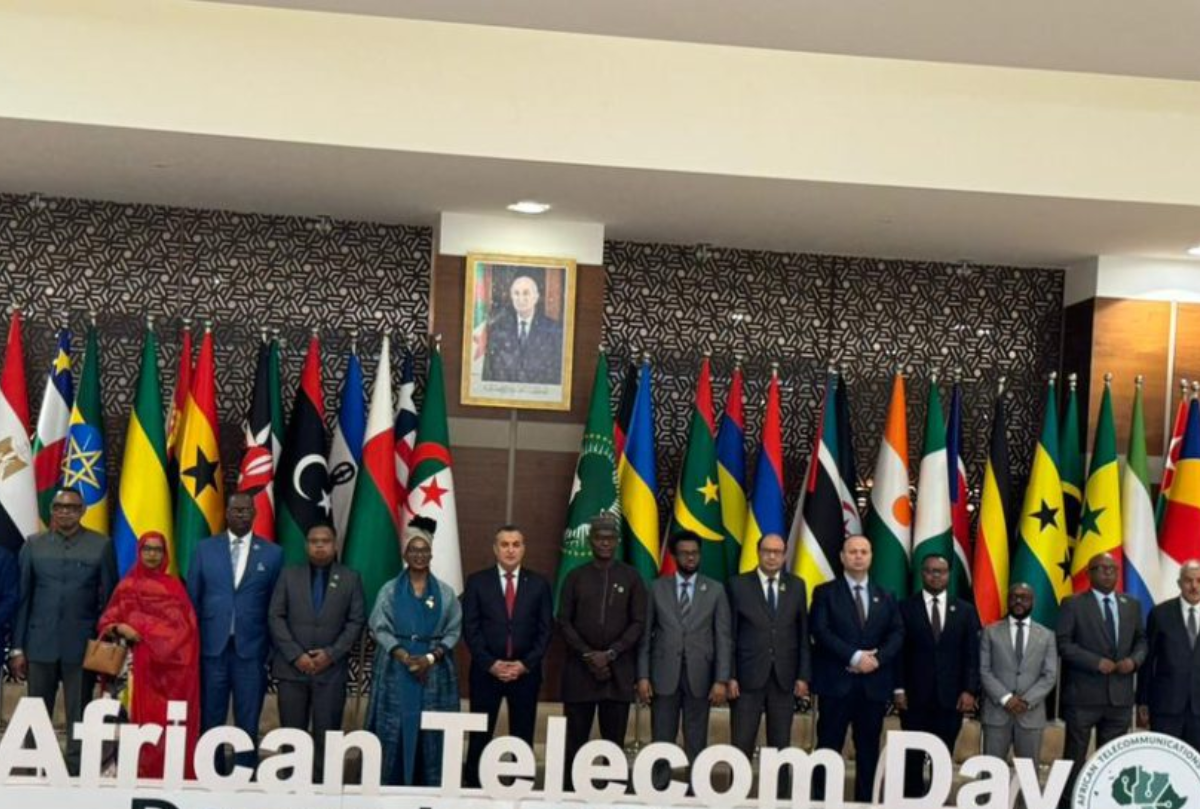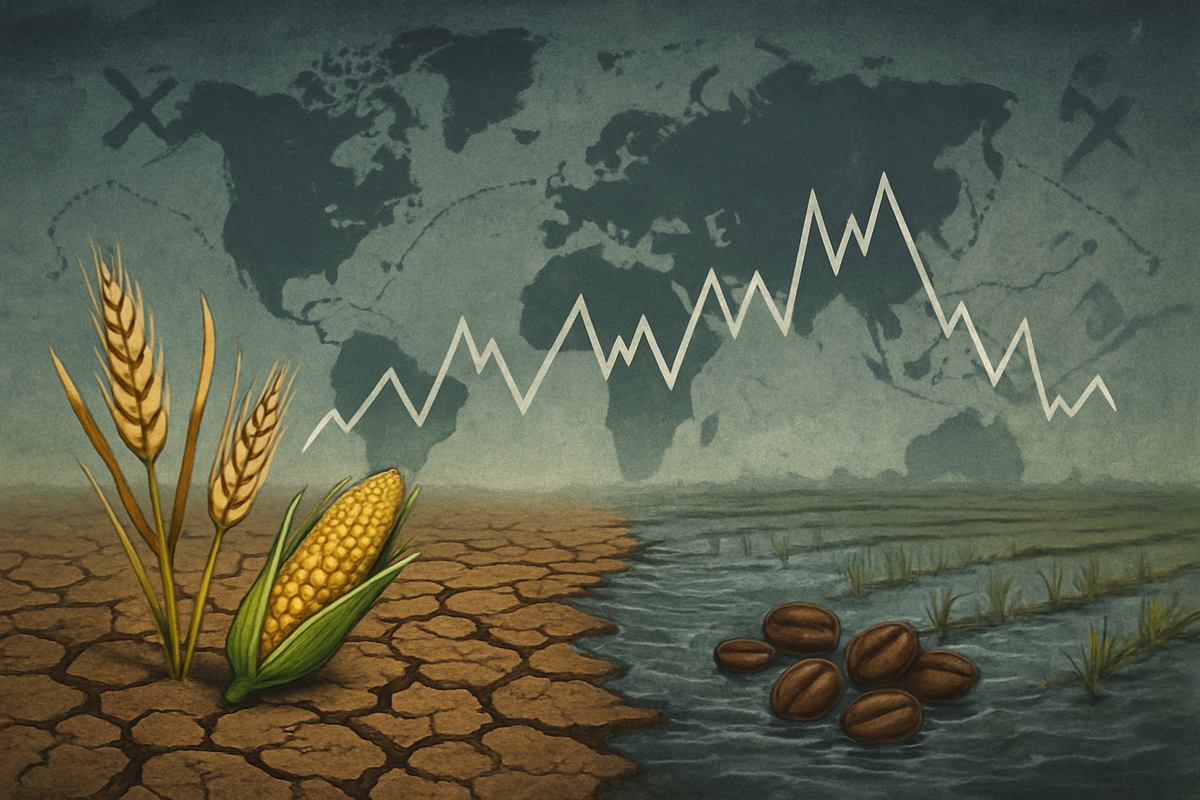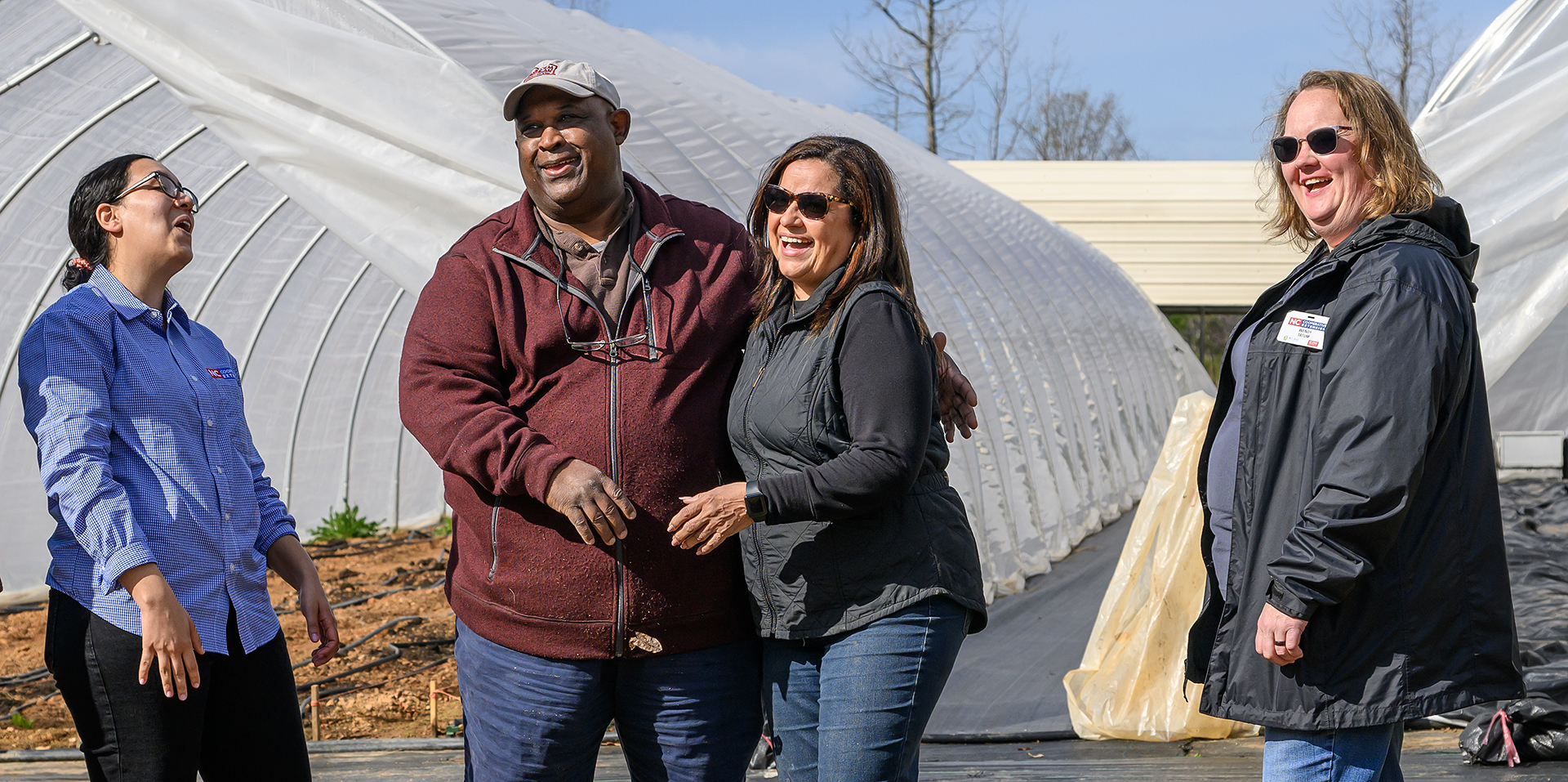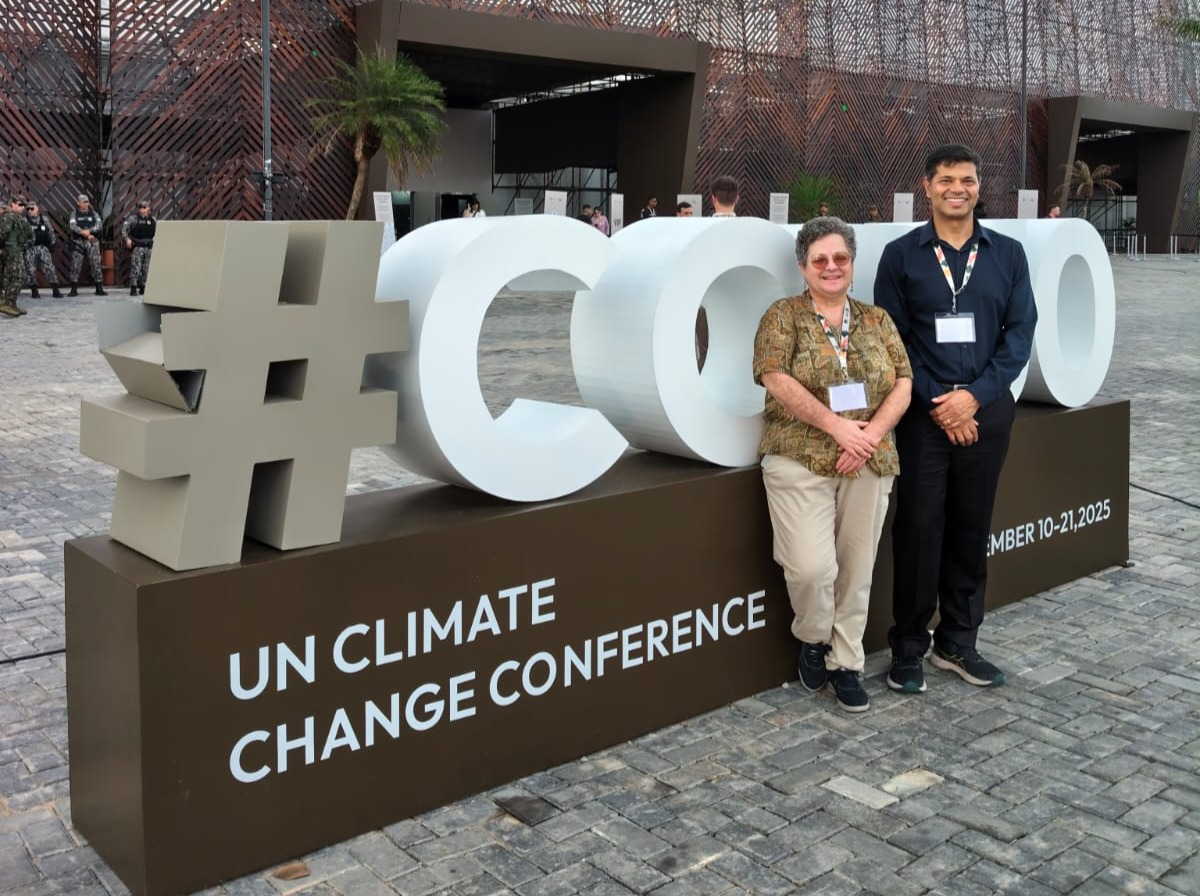Register for the Michigan Agricultural Credit Conference Scheduled for October 21, 2025 – Michigan State University

Report on the Michigan Agricultural Credit Conference: Advancing Sustainable Development Goals
An upcoming conference will address key economic and policy issues within Michigan’s agricultural sector, with significant implications for several United Nations Sustainable Development Goals (SDGs). The Michigan Agricultural Credit Conference, organized by the Michigan State University (MSU) Department of Agricultural, Food, and Resource Economics (AFRE), is scheduled for October 21, 2025.
Conference Objectives and Alignment with Sustainable Development Goals
The primary objective of the conference is to provide agricultural lenders, agribusinesses, and policymakers with critical information on evolving market conditions and policy constraints. The discussions are designed to support the long-term success and sustainability of Michigan’s agricultural industry, directly contributing to the following SDGs:
- SDG 2: Zero Hunger: By focusing on commodity outlooks for grain, dairy, and livestock, the conference addresses the core of food production systems, aiming to enhance agricultural productivity and ensure stable food supplies.
- SDG 8: Decent Work and Economic Growth: The agenda includes dedicated sessions on labor issues and the agricultural economy, promoting sustained, inclusive, and sustainable economic growth within the sector.
- SDG 12: Responsible Consumption and Production: Discussions on input markets and agricultural policy will inform strategies for more sustainable production patterns and resource management.
- SDG 17: Partnerships for the Goals: The event itself is a multi-stakeholder partnership, bringing together academia, private industry, and policymakers to foster collaboration toward sustainable agricultural development.
Conference Agenda and Thematic Sessions
The conference will be held from 8:00 a.m. to 3:45 p.m. at the Molecular Plant Sciences Building on the MSU campus. The agenda is structured to cover policy, labor, and market outlooks.
Morning Session: Policy, Labor, and Trade
The morning program will commence with a keynote address on farm policy by Jonathan Coppess, Director of the Gardner Agriculture Policy Program at the University of Illinois Urbana-Champaign. This will be followed by dialogues on labor, policy, and trade, which are crucial for achieving SDG 8 (Decent Work and Economic Growth). Speakers for this session include:
- Alan Ker, MSU AFRE
- Loren Koeman, Michigan Farm Bureau
- David Ortega, MSU AFRE
- Zach Rutledge, MSU AFRE
Afternoon Session: Commodity and Market Outlooks
The afternoon session will focus on commodity outlooks, providing essential data and analysis for supporting SDG 2 (Zero Hunger) and SDG 12 (Responsible Consumption and Production). Topics will include grain, dairy, livestock, and input markets. The panel of experts includes:
- Jonathan LaPorte, MSU Extension
- Jaime Luke, MSU AFRE
- Angie Setzer, Consus
- Sarina Sharp, Ag Business Solutions and Daily Dairy Report
- Tor Tolhurst, MSU AFRE
Registration and Sponsorship Information
Logistical Details
- Date: October 21, 2025
- Time: 8:00 a.m. – 3:45 p.m.
- Location: Molecular Plant Sciences Building, MSU Campus, East Lansing
- Registration Fee: $95 per person
Support and Partnerships
The conference exemplifies SDG 17 (Partnerships for the Goals) through the support of its sponsors, including the Elton R. Smith Food and Agricultural Policy Endowment, GreenStone Farm Credit Services, and the Stephen B. and Karen L. Harsh Agribusiness Outreach Endowment.
Analysis of the Article in Relation to Sustainable Development Goals
1. Which SDGs are addressed or connected to the issues highlighted in the article?
The article on the Michigan Agricultural Credit Conference connects to several Sustainable Development Goals (SDGs) by focusing on the economic, social, and policy aspects of the agricultural industry.
- SDG 2: Zero Hunger: The conference directly addresses the agricultural industry, which is fundamental to food production. By providing updates on commodity markets (grain, dairy, livestock), policy, and the agricultural economy, it aims to support the “success of Michigan’s agricultural industry,” thereby contributing to stable and resilient food systems.
- SDG 8: Decent Work and Economic Growth: The event focuses on the economic viability of the agricultural sector. Topics like “agricultural economy,” “labor issues,” and providing information to “agricultural lenders” and “agribusinesses” are all aimed at promoting sustained economic growth and productivity within the industry.
- SDG 17: Partnerships for the Goals: The conference itself is a prime example of a multi-stakeholder partnership. It is organized by a university (MSU), sponsored by financial services (GreenStone Farm Credit Services) and endowments, and brings together “agricultural lenders, agribusinesses, policymakers and other interested parties” to share knowledge and address common challenges.
2. What specific targets under those SDGs can be identified based on the article’s content?
Based on the conference’s agenda and purpose, several specific SDG targets can be identified:
-
Under SDG 2 (Zero Hunger):
- Target 2.3: By 2030, double the agricultural productivity and incomes of small-scale food producers. The conference’s goal to provide “updated information critical to the success of Michigan’s agricultural industry” supports this target by equipping producers and agribusinesses with knowledge on markets and policy to improve their economic outcomes.
- Target 2.a: Increase investment, including through enhanced international cooperation, in rural infrastructure, agricultural research and extension services… The conference, organized by the MSU Department of Agricultural, Food and Resource Economics, functions as an extension service, disseminating expert knowledge and research to key stakeholders in the agricultural sector.
-
Under SDG 8 (Decent Work and Economic Growth):
- Target 8.2: Achieve higher levels of economic productivity through diversification, technological upgrading and innovation… The conference provides “updates on the agricultural economy and outlooks for the future,” which helps agribusinesses adapt to “evolving market conditions” and innovate.
- Target 8.3: Promote development-oriented policies that support productive activities, decent job creation, entrepreneurship… The inclusion of sessions on “labor issues” and “agricultural policy” directly addresses the need to create a supportive policy environment for the agricultural sector.
-
Under SDG 17 (Partnerships for the Goals):
- Target 17.17: Encourage and promote effective public, public-private and civil society partnerships… The event is a collaboration between a public university (MSU), a private financial institution (GreenStone Farm Credit Services), endowments, and various stakeholders (“lenders, agribusinesses, policymakers”), perfectly illustrating this target.
3. Are there any indicators mentioned or implied in the article that can be used to measure progress towards the identified targets?
The article, being an announcement, does not provide quantitative data but implies several indicators that could be used to measure progress:
- For Target 2.3: The focus on “commodity outlooks, including discussions on grain, dairy, livestock and input markets” implies that indicators such as agricultural commodity prices and producer profitability are key metrics for measuring the economic success of the industry.
- For Target 8.3: The discussion of “labor issues” implies the use of indicators like employment levels and labor productivity within the agricultural sector to gauge the health of the industry and its contribution to decent work.
- For Target 17.17: The structure of the conference itself serves as an indicator. Progress can be measured by the number and diversity of participants (lenders, agribusinesses, policymakers) attending such multi-stakeholder events, indicating the strength of partnerships in the sector. The collaboration between MSU, GreenStone Farm Credit Services, and endowments is a direct example of a public-private partnership.
4. Summary Table of SDGs, Targets, and Indicators
| SDGs | Targets | Indicators (Implied from the Article) |
|---|---|---|
| SDG 2: Zero Hunger |
2.3: Double agricultural productivity and incomes of food producers. 2.a: Increase investment in agricultural research and extension services. |
– Profitability of agricultural producers. – Performance of commodity markets (grain, dairy, livestock). – Number of knowledge-sharing and extension events held. |
| SDG 8: Decent Work and Economic Growth |
8.2: Achieve higher levels of economic productivity. 8.3: Promote development-oriented policies supporting productive activities. |
– Economic health and success of agribusinesses. – Employment levels in the agricultural sector. |
| SDG 17: Partnerships for the Goals | 17.17: Encourage and promote effective public, public-private and civil society partnerships. |
– Number of multi-stakeholder partnerships formed (e.g., university, private sector, policymakers). – Diversity of participants in collaborative events. |
Source: canr.msu.edu

What is Your Reaction?
 Like
0
Like
0
 Dislike
0
Dislike
0
 Love
0
Love
0
 Funny
0
Funny
0
 Angry
0
Angry
0
 Sad
0
Sad
0
 Wow
0
Wow
0
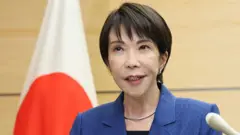





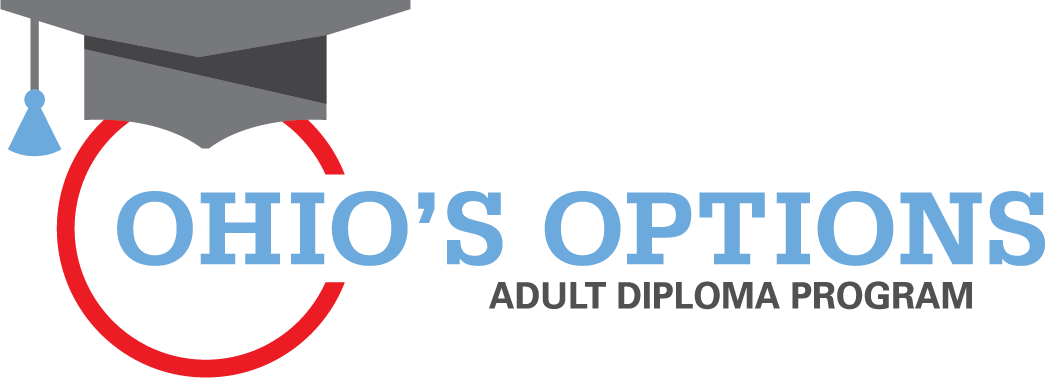




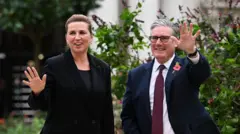






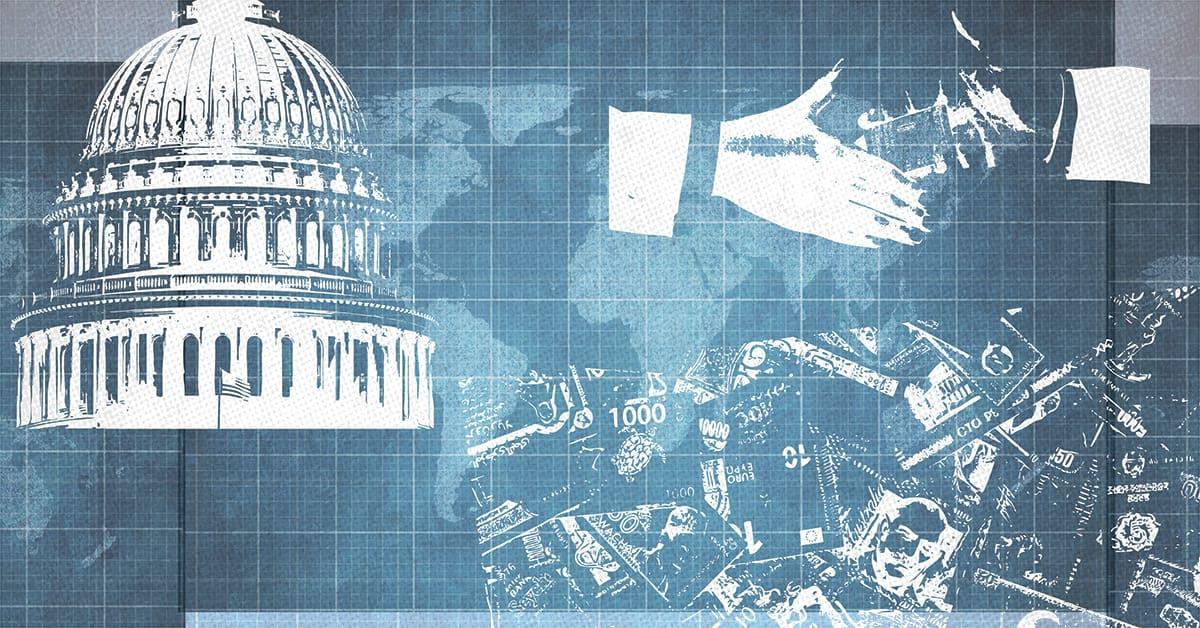










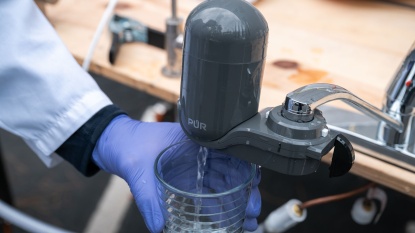

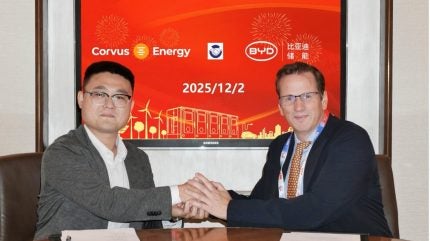
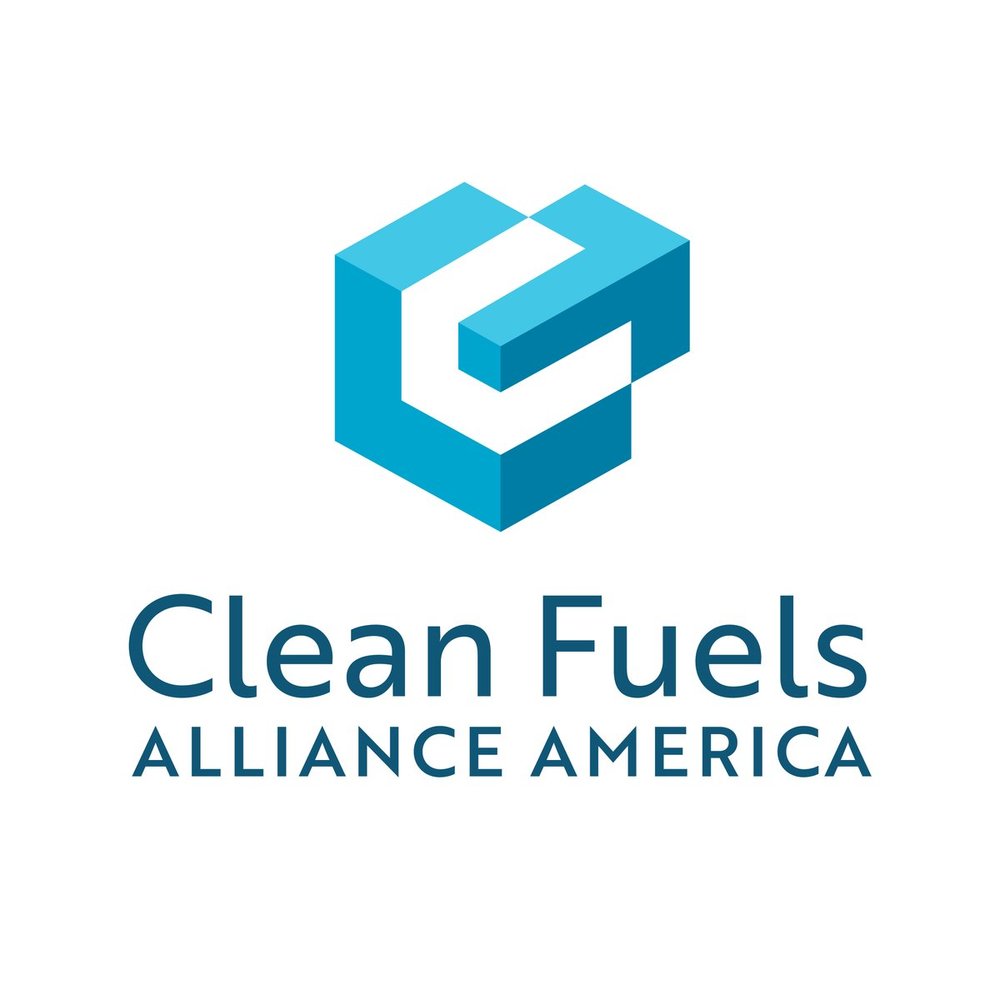

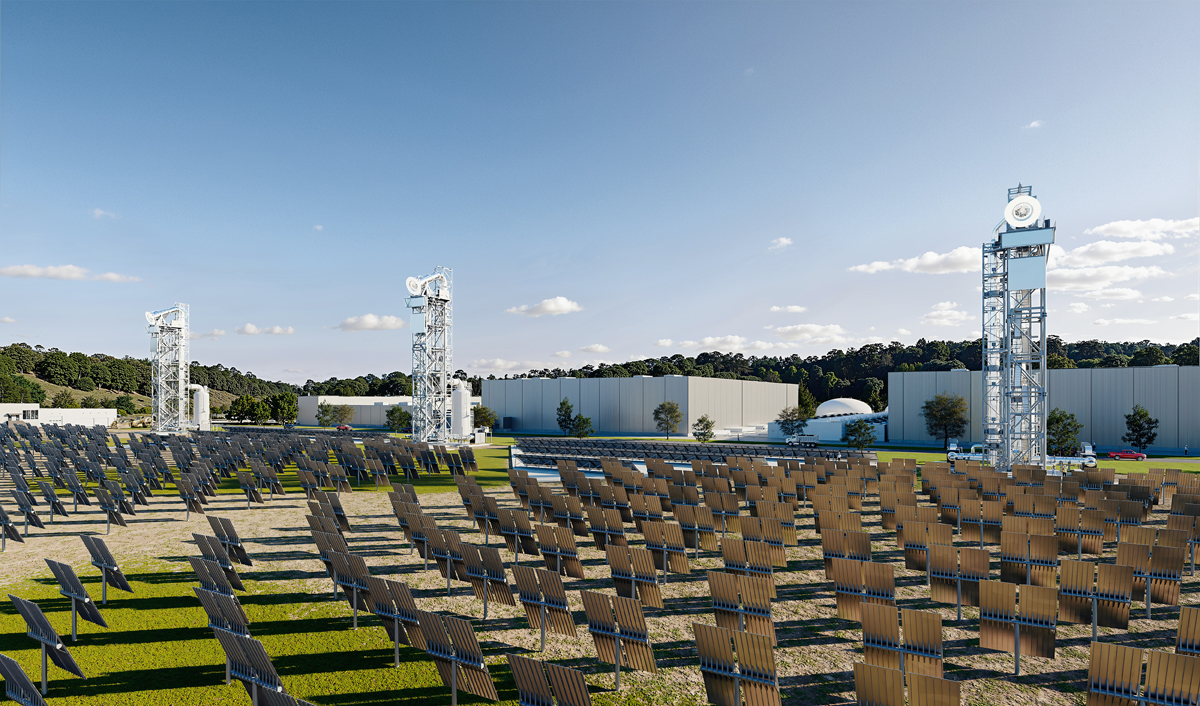















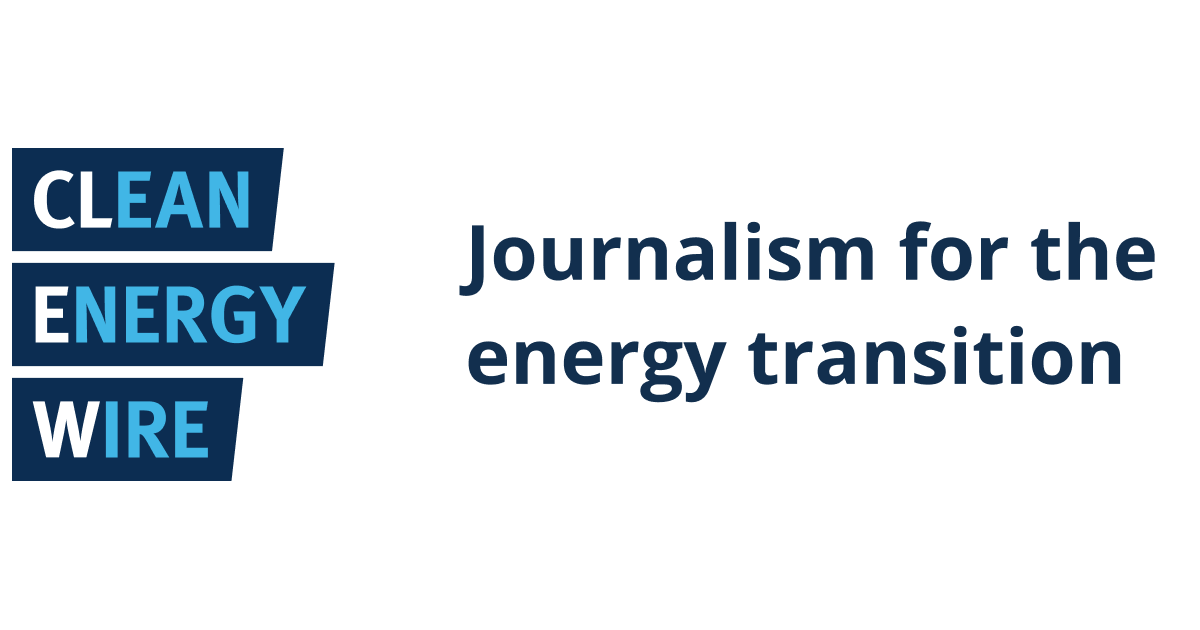
.jpg.webp?itok=0ZsAnae9#)


